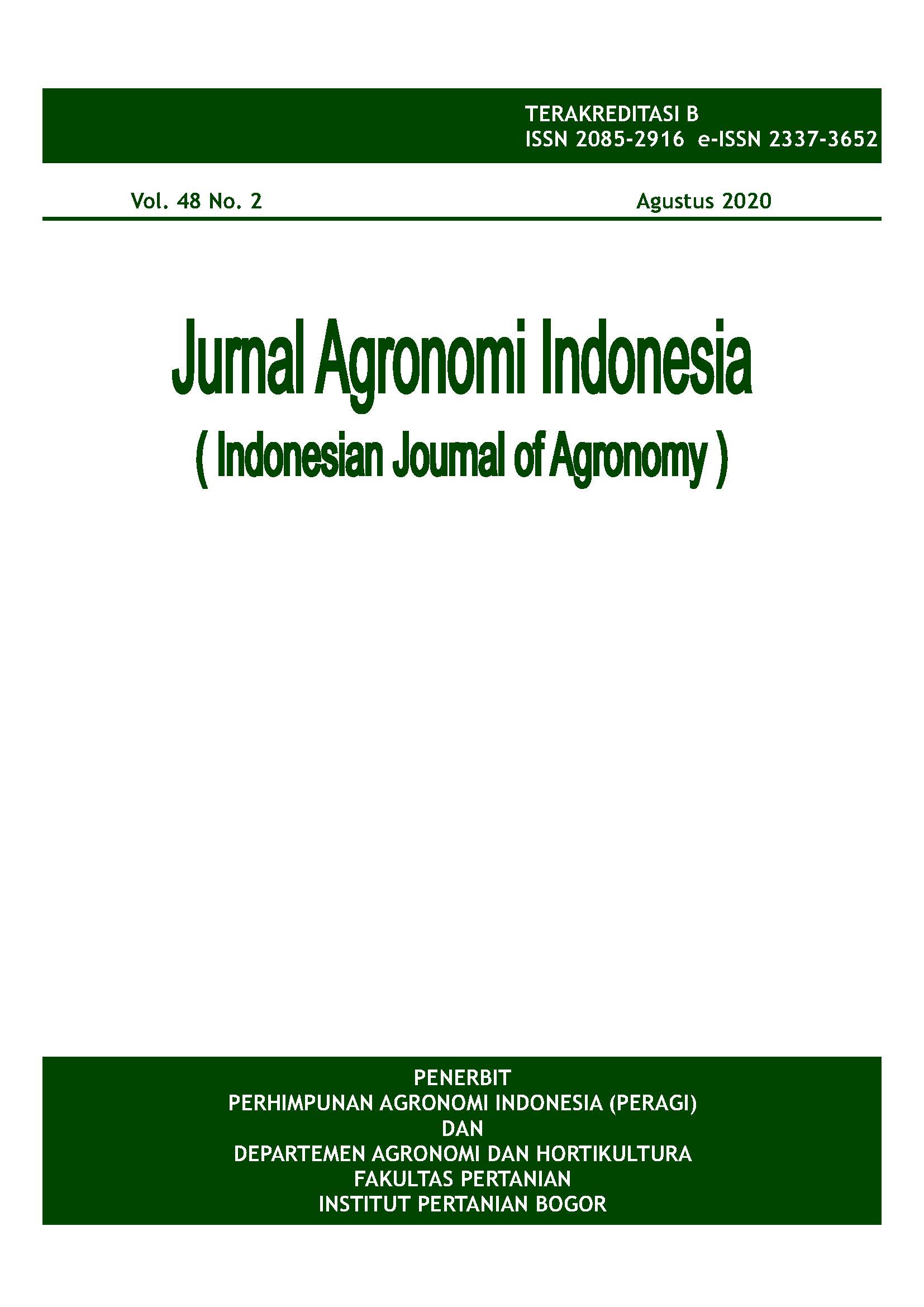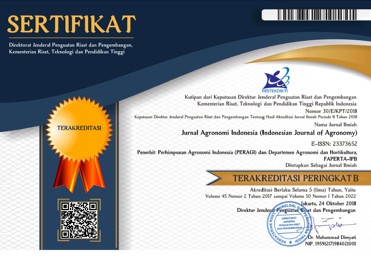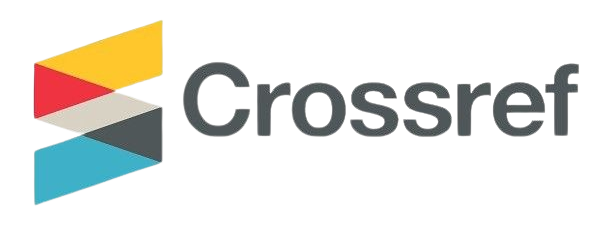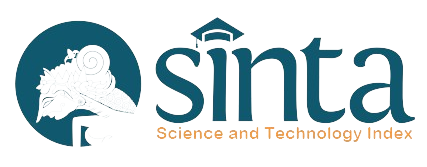Uji Adaptasi dan Seleksi Varietas Partisipatif terhadap Galur-Galur Padi Toleran Rendaman dan Kekeringan di Lahan Rawa Lebak
Abstract
T
The role of high yielding varieties along with fertilization and water management for increasing rice productivity is essential. Therefore, the efforts to increase productivity in the middle freshwater swamp are carried out using high yielding varieties with fertilization and water management called mini polder. The mother trial was conducted to introduce 10 rice genotypes, with optimal fertilizer and water management. It has been carried out in Hulu Sungai Utara District, South Kalimantan Province. The research was following a randomized block design with three replications. The baby trials were carried out in 10 farmer fields. Assessment of genotypes was carried out using questionnaires and participatory selection methods. The results showed that the yield and yield components of genotypes grown in the mother trial were better than baby trials. Both assessment of genotypes produced fairly consistent assessments. There were three varieties preferred by most respondents, namely Inpara 3, Tapus and Inpara 8 Agritan. Some characters such as plant vigor, number of productive tillers, grain shape and color, maturity, and disease resistance were important in the development of rice varieties in swamp land.
Keywords: high yielding varieties, freshwater swamp, preference, participatory selection













